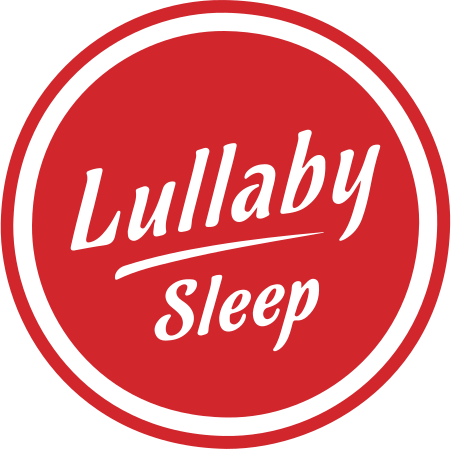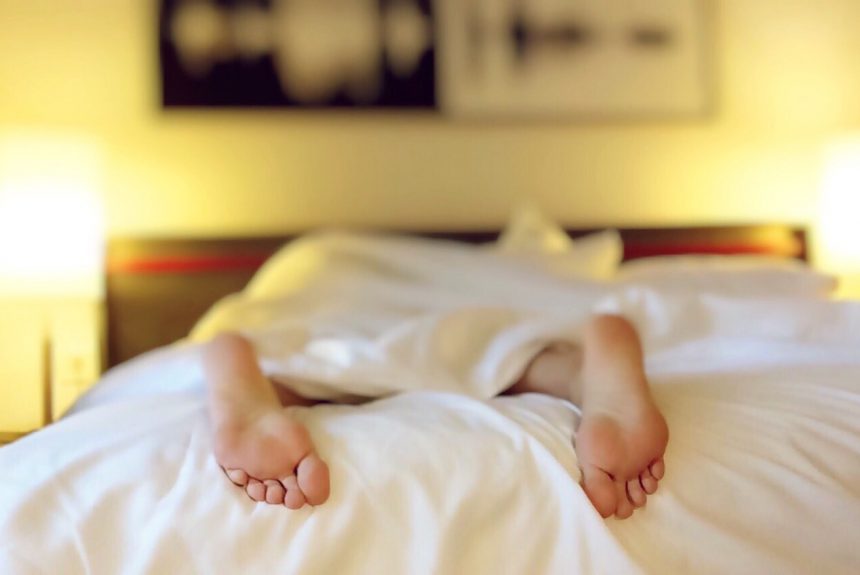It’s no secret that we are a nation of sleep-deprived individuals, with many of us blundering through our days in varying stages of sleep deprivation. While sleep disorders such as insomnia, narcolepsy, snoring and sleep apnoea all require specific treatment, observing good sleep hygiene can be a helpful practice for anybody experiencing sleep issues. Here are a few simple changes you can make to increase the quality and duration of your sleep.
Best Sleeping Tips and Tricks
Room Temperature
Room temperature can have a massive effect on sleep but is often not considered by individuals suffering from sleep problems. The ideal temperature for sleep varies from person to person but is generally around 15- 20 degrees Celsius. With Australia’s warm climate, bedrooms are often reaching much higher temperatures during the night, causing overheating and poor sleep. For this reason, many people in Australia find that they sleep better during the autumn and winter months. Investing in a good air conditioning system could be very helpful in addressing sleep quality.
Lights
While we all believe we sleep in the dark, in fact, many people’s bedrooms are full of tiny light sources. Standby lights on computers, digital alarm clocks and charging lights all cast relatively little amounts of light, but these can have large effects on sleep quality. Removing these light sources by either unplugging devices at the power source or covering the light with something opaque while you sleep can be helpful in improving sleep quality.
Time Spent in Bed
As obvious as it sounds, it’s impossible to get eight hours of sleep if you are only lying in bed with your eyes closed for six hours. Many people are simply not allowing themselves enough time to get adequate sleep and this includes people who watch TV series or scroll their phone in bed. In fact, not only do these activities push back the time people begin to actually attempt to sleep, but they may also actively prevent sleep.
Blue Light Technology
It has been speculated that perhaps the single biggest contributor to the modern day problems with sleep is the use of artificial lighting and electronics at night. The nature of the light emitted from electronics such as TVs, laptops and phones tricks the brain into thinking that it is daytime. This interferes with our circadian rhythms and inhibits the production of melatonin (the hormone which prepares our body for sleep), meaning that our bodies are not ready to sleep after being exposed to these lights. The use of electronic devices should be minimised in the hours preceding sleep.
Alcohol
While many people believe that alcohol aids sleep, this has not been supported by evidence. While it may make it easier to fall asleep in some cases, it often reduces sleep quality. More worryingly, for those who suffer snoring or sleep apnoea, alcohol significantly worsens the condition, as the tongue and tissue at the back of the throat is loosened and relaxed, blocking the airways. Alcohol should be avoided after lunch to prevent negatively impacting sleep quality.
Exercise
While exercising generally improves sleep quality, exercise just a couple of hours before bed has the very opposite effect. Your brain is very active after a workout and your body temperature is raised, as is your heart rate and adrenaline level. All these things make sleep a near impossibility.
Food
Just like exercise, food should be avoided in the two to three hours preceding bedtime. The body becomes very active when digesting food, preventing sleep.
Pre-Sleep Protocol
Many people benefit from establishing their own pre-sleep routine which works to help them wind down, relax and prepare their mind and body for sleep. These routines can vary but usually involve things like taking a warm bath or shower, using calming scents like lavender, drinking herbal tea such as chamomile, lighting candles instead of lights in the hour preceding sleep, reading, meditating or performing other calming activities. Even if you don’t have a clear pre-sleep protocol, it is at least a good idea to avoid things like loud noises, bright lights, work emails and excessive physical or mental activity before bed.
Dr Levi is an expert in treating sleep disorders, with over 20 years of experience in the field. As somebody who has suffered sleep apnoea himself, he understands what it is like to struggle with a sleep disorder. Book a consultation ($60) with Dr Levi himself via contacting us, or booking here.

